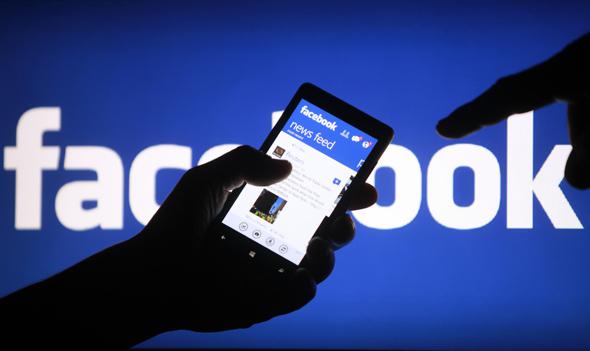My last story, about how and why we created a digital trust fund for my daughter, touched a nerve. Understandably so. As parents, we’re all incredibly proud of our children and excited about things that might seem insignificant to others. It feels natural to share that joy with others, and social media has made that process effortless.
Time, Salon and various other blogs and news outlets published responses to what I wrote. More than 74,000 people liked the story on Facebook, and a few thousand Slate readers posted comments both in support of and against my central thesis, which is that when we share even innocent images information about our kids, we endanger their future anonymity and expose them to data monitoring by governments and private corporations that we can’t control.
But what got some readers most worked up was my description of how I was shielding my own child. I have close friends and family members who are creating troves of searchable data on their children, and that has me worried. I wrote about my parenting approach in part because Facebook had just updated its privacy policy again and also because I wanted to share my knowledge and experience with other parents.
A few readers pointed out that there are, in fact, photos of my daughter online. Given my argument in the piece and what I do for a living, some called me a hypocrite. Others took a more trollish route, uploading screenshots of those photos to various places online. The fact that even my photos ended up online without me knowing it offers a cautionary tale, which is why I’d like to explain how it happened.
Before Instagram, mobile photo editing tools weren’t fantastic. Instagram offered something fast, elegant, and easy to use. I thought the automatic square crop looked sleek, and the filters seemed to make every photo pop. In the early days of Instagram, I used it solely as a mobile photo editor and saved the images locally to my phone. Then a few family members signed up, and I sent a few photos to them via the app rather than importing and sending through email.
I was also using Facebook. Initially, I belonged to Facebook to observe the network and to see how it would evolve. Later, I kept my account entirely private and for just a few family members and close friends. It was mainly to view their posts, since they’d stopped using email and I didn’t actively post anything of my own.
Then, a few things happened. First, I signed up for IFTTT, which is a powerful automation tool linking social and other digital accounts. I also started using social media management tools to queue content for later posting. About a year ago, I started to transition some of my private accounts to public in preparation for my book launch. Between the various transitions, the many different privacy policies of social media outlets, the numerous ways I had taken and stored photos, things that had once seemed private had become public.
Suddenly, that photo of my daughter in the pumpkin patch, which I had edited with Instagram and sent privately to friends, was available for public viewing. Same with the photo of her wearing a pink MIT sweatshirt.
Yet I didn’t even know those photos were visible until Slate readers began crawling through all of my social accounts, taking screenshots of what they found and posting links everywhere online. (FYI to the photo hunters: Some of the photos you say are my daughter? They’re actually me as a kid!)
A good friend alerted me late at night over the weekend, and I spent the next few hours blocking and removing the content from my own networks and looking for the places online where my daughter’s face was now emblazoned. This scrubbing wasn’t to prevent a Slate reader from calling me a hypocrite.
Instead, I was worried because I really do mean what I wrote. There’s a significant difference between my discussing my parenting style and illustrating my arguments with specific, identifiable information or data that link back to my family. I don’t divulge the personal details of my daughter, my neighbors, my best friends and the like—because they’re not relevant to the broader conversation I’m trying to start.
In a sense, what happened to me last weekend proves the larger point I tried to make. We may not yet be at a place where advertisers or the NSA are mining my daughter’s information and using it unscrupulously. But people who I may or may not know personally are doing it instead, simply because they disagree with me.
If my original story didn’t already convince you, then let what’s happened to me here on Slate be a teachable moment for us all—including me. This has been a strong reminder that if we’re going to participate in the online data game, we need to continually monitor its ever-changing rules and to shift our strategies accordingly.
